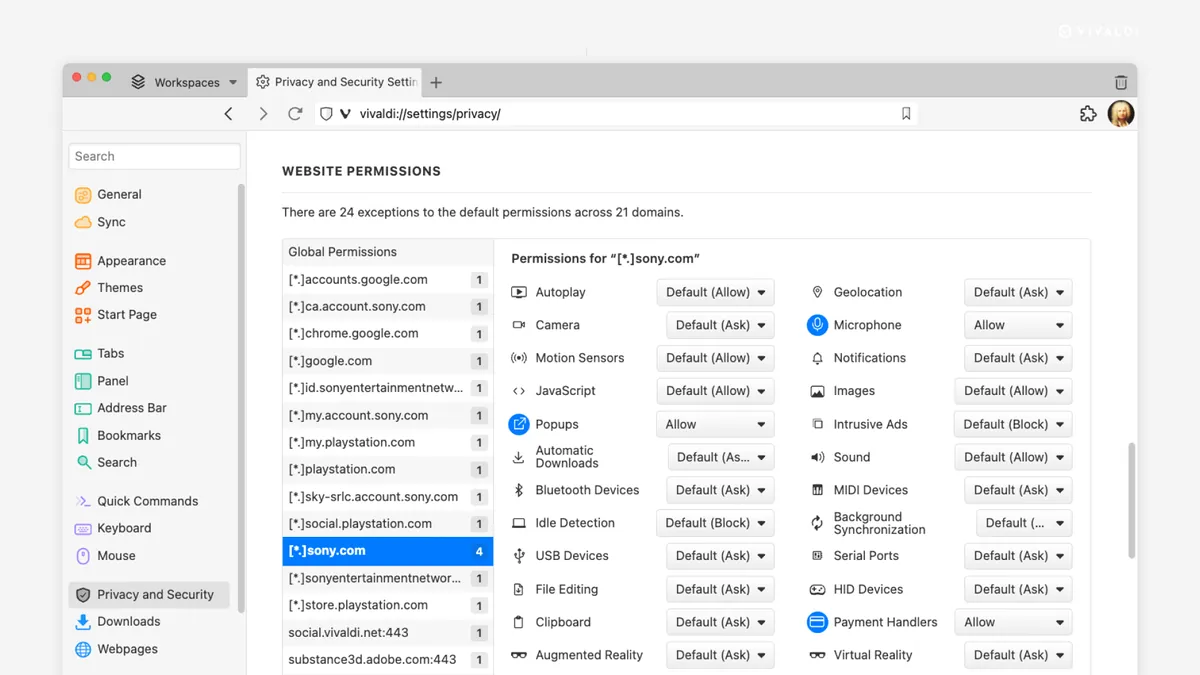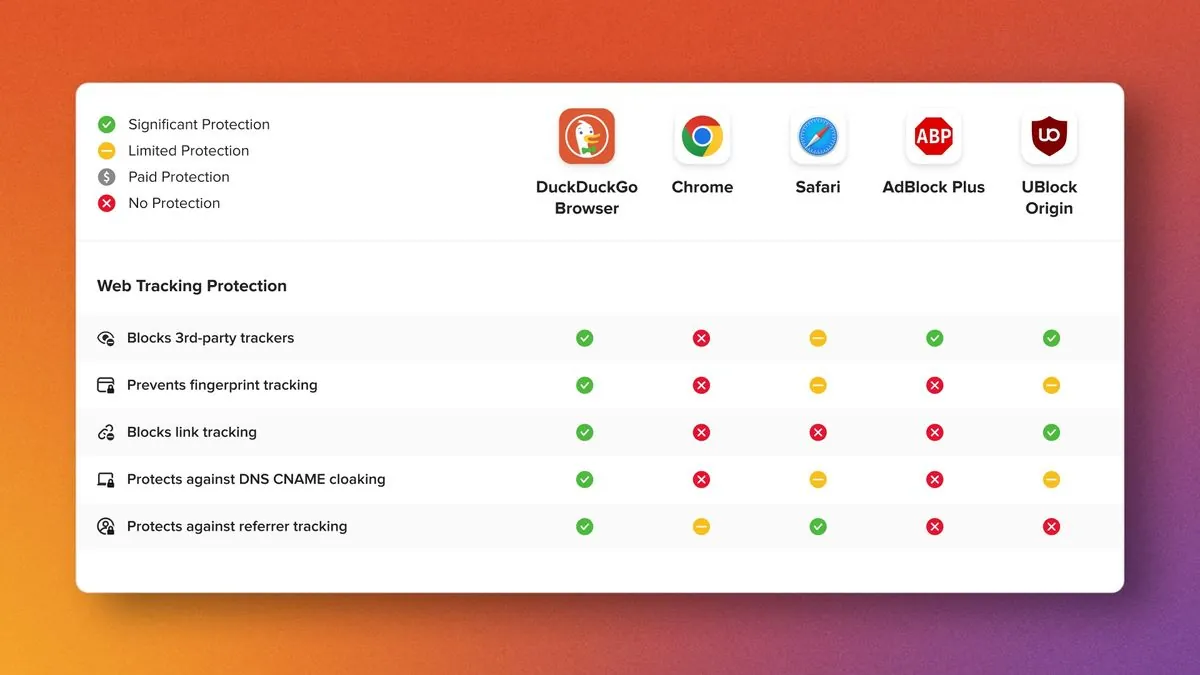Big Tech's Grip on Browser Privacy: The Opt-Out Option You're Missing
Popular web browsers lack easy privacy controls, despite legal rights in some states. A vetoed California bill highlights Big Tech's influence on user data protection, leaving alternatives as the main option.

In the digital age, protecting personal data has become increasingly crucial. While web browsers can theoretically command companies to safeguard user information, this privacy-enhancing feature remains largely underutilized. The reason? Google and Apple, owners of Chrome and Safari respectively, have not implemented this one-click privacy option in their browsers, which dominate the market.
This situation highlights a significant gap between legal rights and practical implementation. In 19 states, including California, privacy laws grant users control over their data. However, the absence of easy-to-use privacy controls in popular browsers demonstrates the influence of Big Tech on user privacy.

The recent veto of a California bill that would have mandated easy opt-out options in major browsers further underscores this issue. The legislation aimed to force Google and Apple to provide simple ways for users to prevent data sharing. However, opposition from these tech giants contributed to the bill's demise.
"Ensuring that consumers benefit from opt-out preference signals is one of our agency's top priorities. Without them, it's a full-time job for consumers to opt-out at every business one-by-one."
This setback doesn't mean users are without options. Alternative browsers like Firefox, Brave, and DuckDuckGo offer built-in privacy protections. These browsers automatically tell websites not to sell or share personal information, acting as a "privacy fairy godmother" for users.
The importance of such features cannot be overstated. With data breaches exposing 22 billion records in 2021 alone and the average cost of a breach reaching $4.45 million in 2023, the need for robust privacy measures is clear. Moreover, over 90% of Americans feel they have lost control over their personal information online.
The concept of privacy protection in the digital realm isn't new. The right to privacy was first articulated in a Harvard Law Review article in 1890, long before the internet age. Since then, various initiatives like the "Do Not Track" proposal in 2009 and the development of "Privacy by Design" in the 1990s have attempted to address these concerns.
Despite these efforts, the current state of online privacy remains challenging. The average internet user has over 100 online accounts, making manual privacy management a daunting task. This is why automated, browser-level privacy controls are so crucial.
As we move towards a future where an estimated 463 exabytes of data will be created daily by 2025, the need for effective, user-friendly privacy tools becomes even more pressing. The global cybersecurity market, expected to reach $366 billion by 2028, reflects the growing importance of data protection.
While the battle for easy privacy controls in major browsers continues, users can take action by choosing privacy-focused alternatives or using tools like Privacy Badger. These options empower users to protect their data, even as the debate over privacy rights and implementation rages on in legislatures and boardrooms across the country.


































